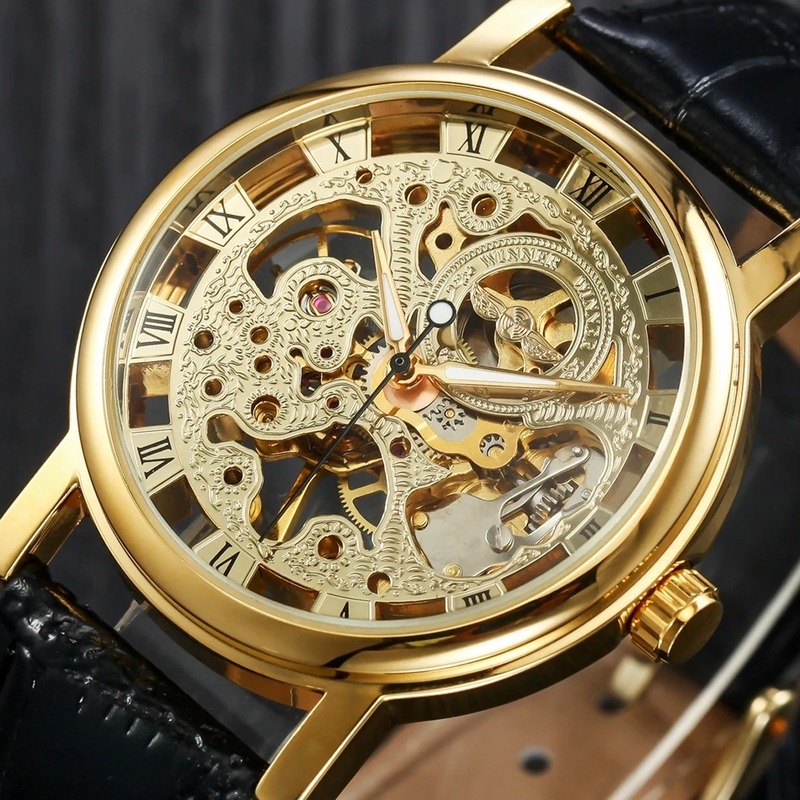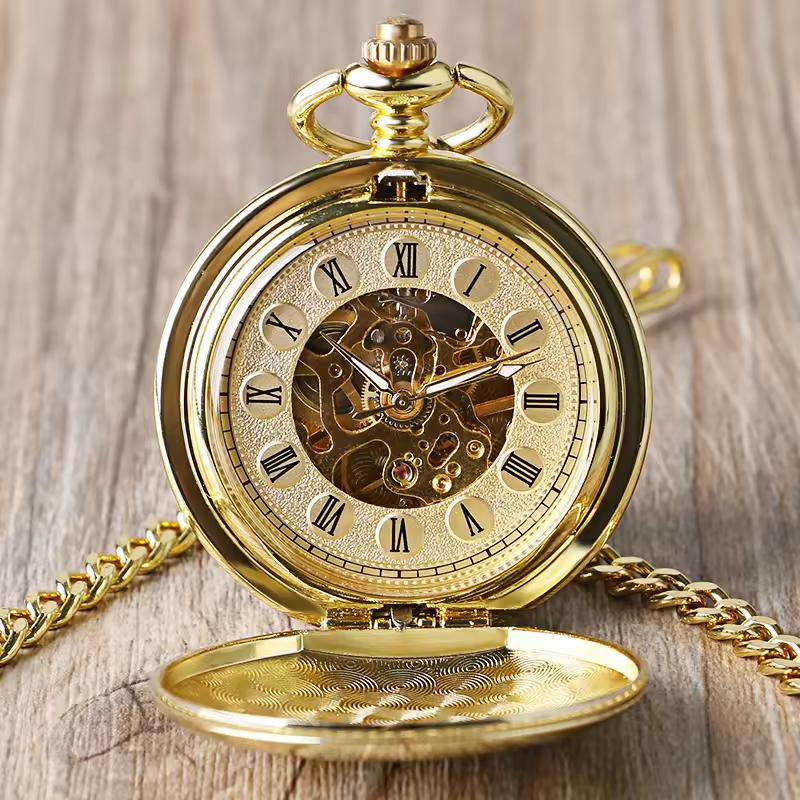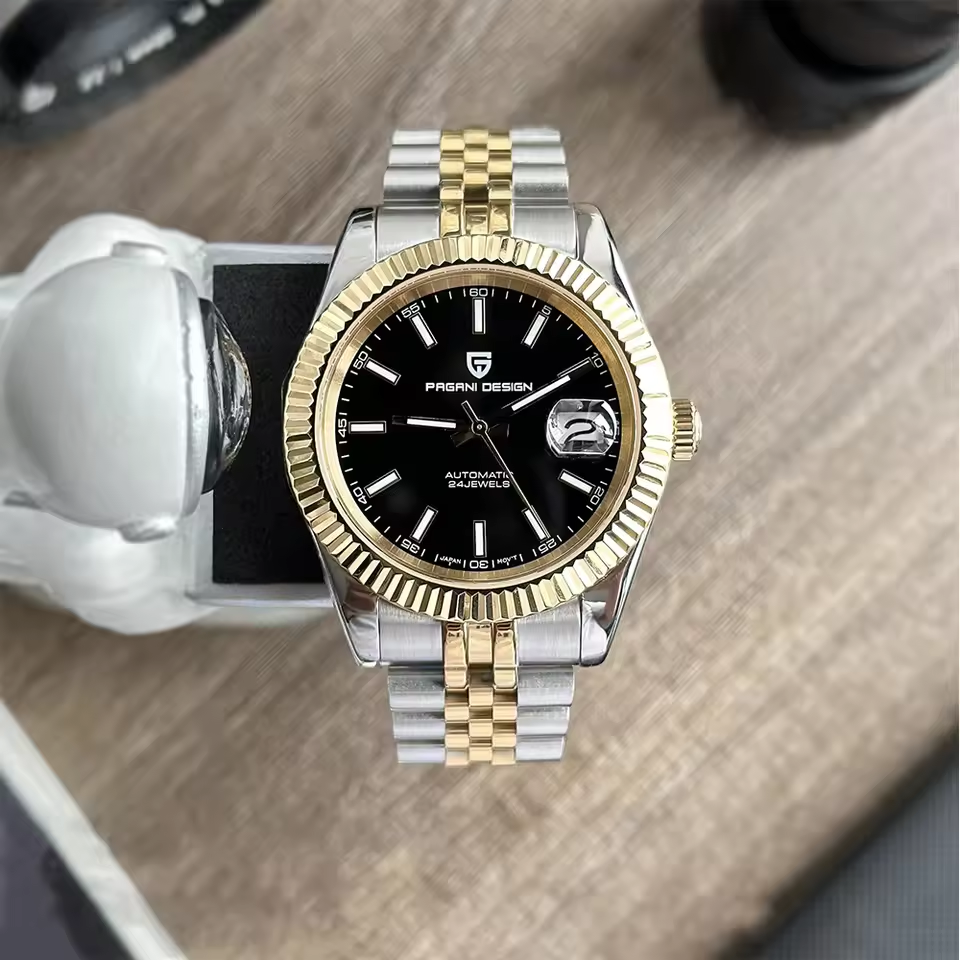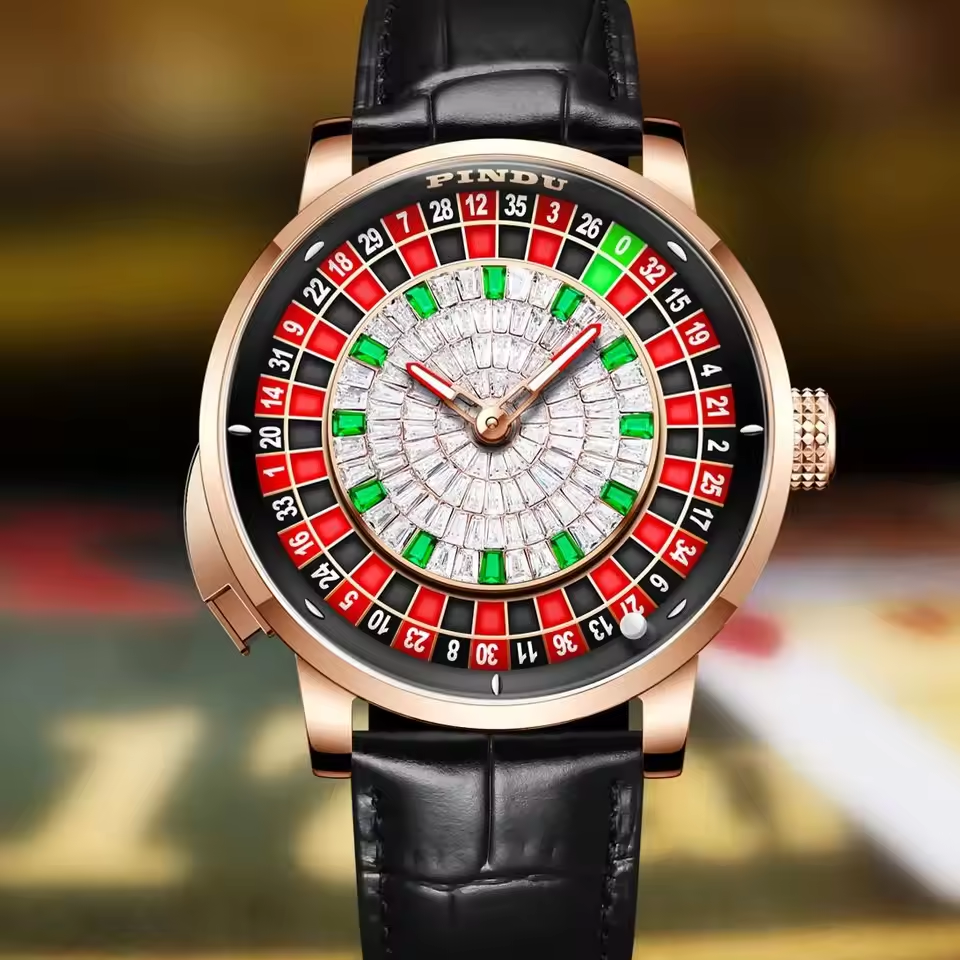Introduction: The Allure of Mechanical Analog Watches
In a world dominated by digital technology, the mechanical analog watch stands as a stunning testament to craftsmanship and engineering. Unlike their digital counterparts, mechanical analog watches evoke a sense of tradition and artistry. These timepieces are powered by intricate mechanical movements, showcasing the skill of watchmakers and their dedication to horology. The allure of these watches lies not merely in their ability to tell time, but also in their ability to tell stories through time.
For many, mechanical analog watches symbolize elegance and style. They appeal to watch enthusiasts who appreciate the artistry involved in each piece. Furthermore, luxury buyers often invest in high-end models as status symbols or investments that appreciate over time. Casual users and gift shoppers are attracted to their reliability and the meaningful gifts they represent. This article explores the enchanting world of mechanical analog watches, illuminating their craftsmanship, types, features, and more.
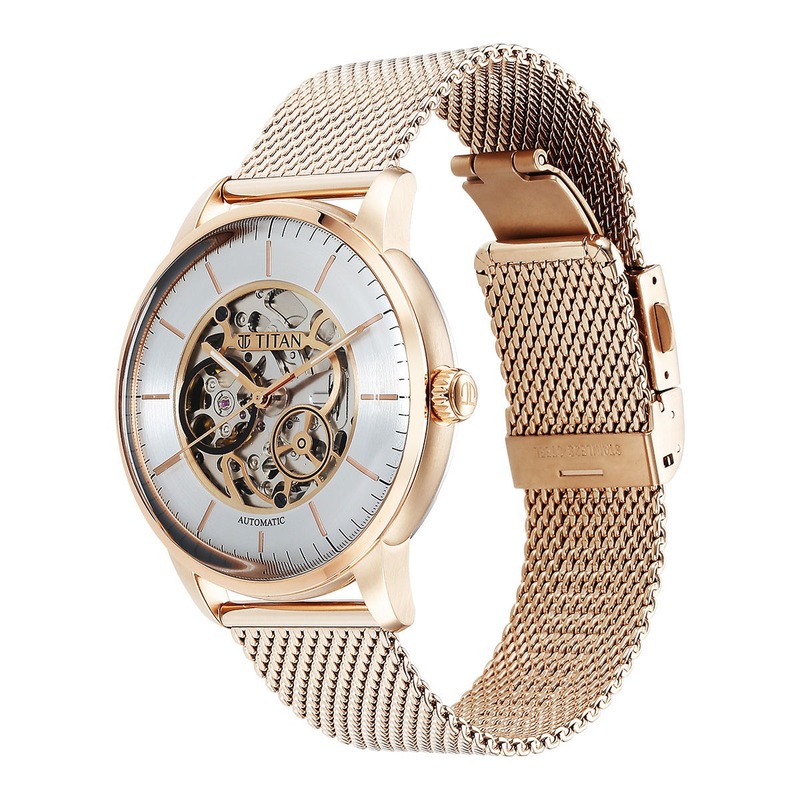
Understanding How Mechanical Analog Watches Work
At the heart of every mechanical analog watch lies an intricate system of gears and springs. Understanding how these timepieces work enhances appreciation for their craftsmanship. Mechanical watches are powered by a mainspring, which is wound manually or automatically and stores energy. As the mainspring unwinds, it drives the gear train, which in turn moves the hands of the watch.
Key Components
Several essential components work together to keep a mechanical watch running smoothly. The escapement regulates the release of energy from the mainspring, ensuring consistent movement over time. The balance wheel helps maintain the accuracy of the timepiece by oscillating back and forth at a steady rate. Together, these components create a symphony of motion, providing the charm and allure of a mechanical watch.
Manual vs. Automatic Movements
There are two primary types of mechanical movements: manual and automatic. Manual watches require the wearer to wind the mainspring regularly to keep the watch running. In contrast, automatic watches utilize the motion of the wearer’s wrist to wind the mainspring automatically. Both styles have unique benefits and appeal to different preferences, making them popular in the watch community.
Types of Mechanical Analog Watches
Diving deeper into the world of mechanical analog watches reveals a variety of styles suited to different taste and occasions. Here, we outline several popular types of mechanical watches:
1. Dress Watches
Dress watches are characterized by their elegant design and are often worn for formal occasions. They feature classic dials with minimal complications and typically come in thinner profiles to slide under a shirt cuff easily. Brands like Omega and Jaeger-LeCoultre offer exceptional options in this category.
2. Sports Watches
Sports watches are designed for durability and functionality. They often include features like water resistance, chronographs, and robust cases. Brands such as TAG Heuer and Seiko create outstanding sports watches built to withstand rigorous activities.
3. Diver’s Watches
Diver’s watches have unique specifications for underwater use. They typically offer high water resistance, luminous hands, and rotating bezels for tracking dive time. Renowned brands like Rolex with its Submariner exemplify the excellence found in diver’s watches.
4. Skeleton Watches
Skeleton watches have transparent dials displaying the inner mechanisms, showcasing the intricate beauty of watchmaking. This type of mechanical watch combines art and engineering. Brands like Hublot and Patek Philippe produce exquisite skeleton models that leave an impression.
Each type of mechanical analog watch serves unique purposes and scenarios, allowing individuals to express their style and align with their lifestyle seamlessly.
Mechanical Analog Watch Brands to Consider
The world of mechanical analog watches is filled with reputable brands that offer exceptional craftsmanship and quality. Here’s a curated list of some of the top brands to consider:
1. Rolex
Rolex is synonymous with luxury. Known for its iconic designs like the Datejust and Submariner, Rolex watches hold their value exceptionally well. The brand represents prestige and sophistication.
2. Omega
Omega has a rich history and has been involved in notable events like the moon landing. Models like the Speedmaster are classics adored by many.
3. Seiko
Seiko combines quality with affordability. Their mechanical watches offer precision and style, making them popular choices for everyday wear and collectors alike.
4. Patek Philippe
Patek Philippe stands at the pinnacle of watchmaking, known for its intricate complications and elegant designs. Owning a Patek Philippe is often considered the ultimate achievement in watch collecting.
5. Tag Heuer
TAG Heuer specializes in sports watches with a modern flair. They bring together performance and style, making them suitable for both casual and formal settings.
Each of these brands has its own unique features and style, catering to a variety of preferences and budgets. Exploring these options allows watch enthusiasts to find the perfect mechanical analog watch that speaks to them.
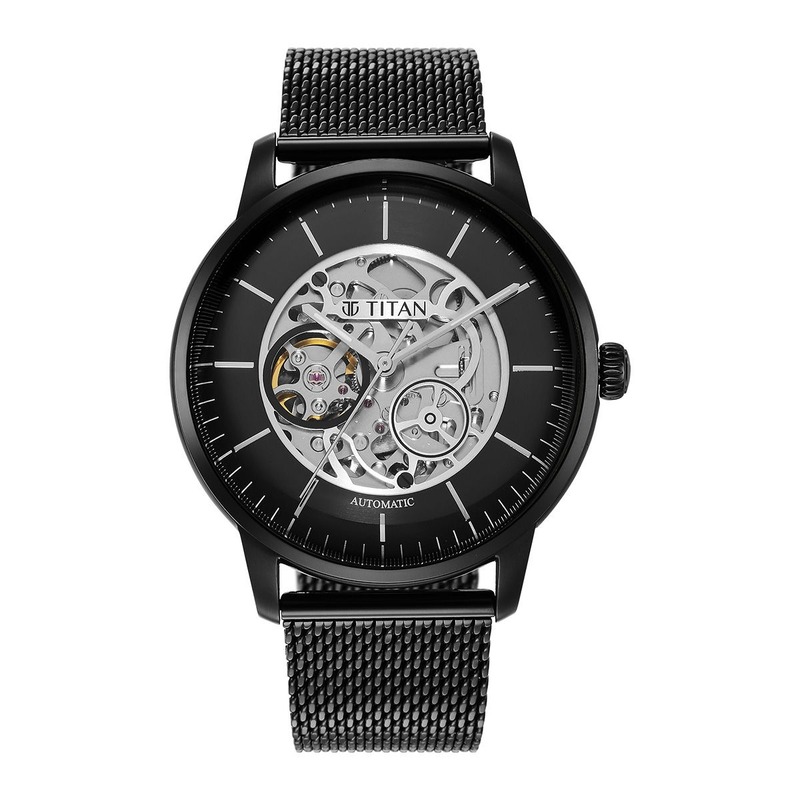
Mechanical vs. Quartz Watches
When considering a watch purchase, understanding the differences between mechanical and quartz watches is crucial.
Accuracy
Mechanical watches are typically less accurate than quartz watches. While quartz watches use batteries and are known for their precision, mechanical watches can gain or lose a few seconds over a period of time. However, many enthusiasts appreciate the artistry of mechanical timepieces over that slight variance in accuracy.
Maintenance
Maintaining a mechanical analog watch requires more attention than quartz. These watches need regular servicing, typically every three to five years, to ensure they run smoothly. This involves cleaning the internal components and replacing worn-out parts. In contrast, quartz watches require little more than a battery replacement.
Longevity and Sentimental Value
Mechanical watches often hold sentimental value, as they can last for generations with proper care. Many collectors view them as a legacy, passing them down through families. In contrast, quartz watches may not have the same level of emotional investment, as they are often more disposable.
Many collectors and enthusiasts prefer mechanical watches for their craftsmanship and legacy value. The intricate movements, along with the stories behind these watches, create a connection that quartz simply cannot replicate.
Choosing and Maintaining Your Mechanical Analog Watch
Selecting the perfect mechanical analog watch requires careful consideration. Here are some tips for choosing and maintaining your timepiece:
1. Selecting the Right Watch
Consider various factors, including your wrist size, style preferences, and the occasions for which you plan to wear the watch. Dress watches are suitable for formal events, while sports watches are great for active lifestyles. Understand your needs to find the ideal watch.
2. Consider the Material
The materials used in the watch construction play a significant role in its overall appearance and durability. Stainless steel, gold, and titanium are popular choices. Leather straps provide a classic look, while rubber bands offer versatility for sports watches.
3. Care and Maintenance Practices
To keep your mechanical watch in optimal condition, follow these care tips:
-
Regular Servicing: Have your watch serviced by a professional every few years to ensure it operates correctly.
-
Proper Storage: Use a watch box or winder to prevent dust accumulation and keep the mechanism running smoothly.
-
Winding Techniques: If you have a manual watch, ensure to wind it regularly. For automatic watches, wear it consistently to keep it wound.
4. When and Why to Service Your Watch
Understanding when to service your watch prevents costly repairs later. If you notice any irregularities in timekeeping, it’s time for a check-up. Regular maintenance maximizes the longevity of your watch and safeguards its value.
Where to Buy Mechanical Analog Watches
Finding a reputable source for purchasing a mechanical analog watch is paramount. Here are some options to consider:
Online Retailers
Many online retailers specialize in mechanical watches. Look for well-established platforms that offer authenticity guarantees. Websites like Chrono24, WatchBox, and Jomashop present a wide selection of watches from various brands.
Authorized Dealers
Purchasing from authorized dealers provides peace of mind regarding authenticity. Dealers often offer warranties and after-sales service, which can be beneficial. Check official brand websites for their authorized retailers.
Luxury Watch Boutiques
Luxury watch boutiques provide a curated shopping experience. Here, you can experience the watches in person, ask questions, and receive personalized service from knowledgeable staff. Visiting a boutique adds a level of sophistication to your shopping experience.
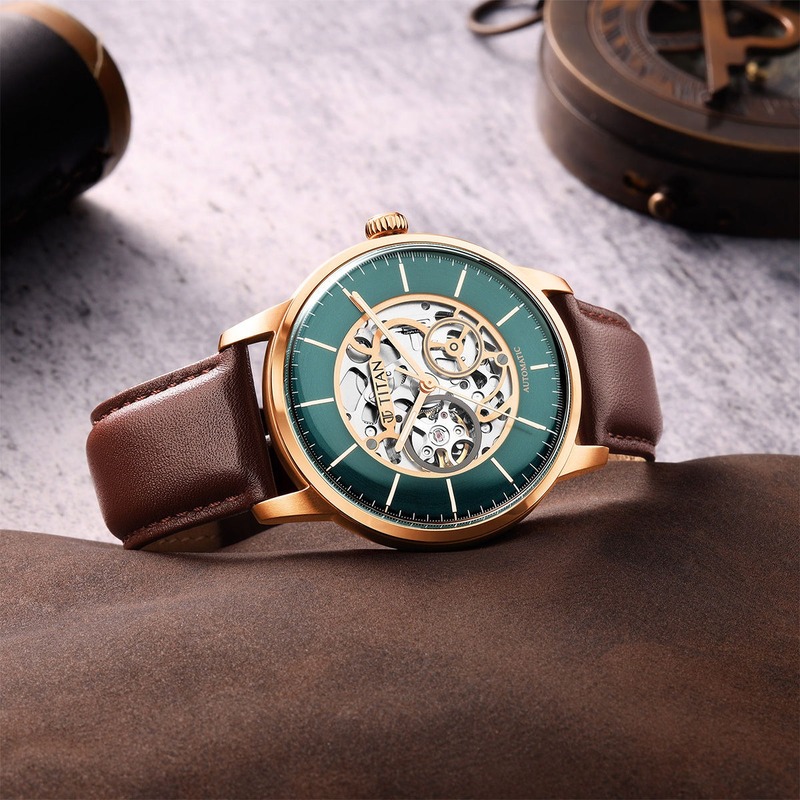
Conclusion: Embrace the Craftsmanship of Mechanical Analog Watches
In conclusion, the fascination with mechanical analog watches lies in their exceptional craftsmanship and timeless appeal. These timepieces provide not just a method of telling time, but also a connection to a rich history of horology. By understanding how they work, exploring different types and brands, and learning how to maintain them, you can appreciate these watches on a deeper level.
Whether you are a collector, a casual user, or searching for the perfect gift, the world of mechanical watches offers something for everyone. As you explore options and discover the unique features of these timepieces, consider investing in a mechanical watch that reflects your style and personal values. Embrace the artistry, precision, and legacy of mechanical analog watches today.
